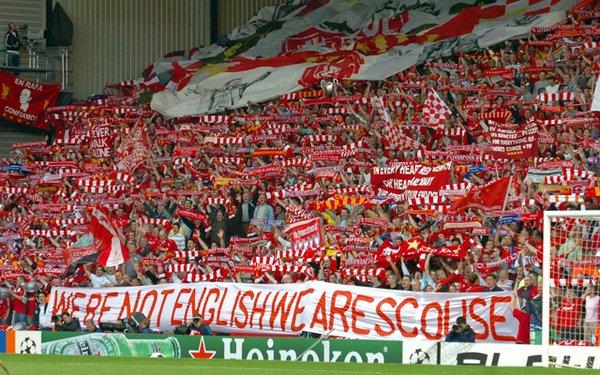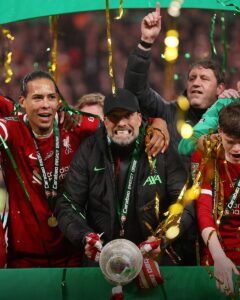 Liverpool made a pre-tax loss of £19.8 million last year despite their revenue breaking through the £300 million mark for the first time.
Liverpool made a pre-tax loss of £19.8 million last year despite their revenue breaking through the £300 million mark for the first time.
After two years in the black the club dropped back into the red according to the club’s official accounts, released on Wednesday.
The club said that the loss for the year ending May 2016 was largely due to investment in the first-team squad plus pay-offs to manager Brendan Rodgers and his backroom staff.
Liverpool’s owners, Fenway Sports Group, are said to be comfortable with the deficit as they view it more as a one year blip. For this current season Liverpool have seen an increase in income as a result of commercial deals and the capacity of hospitality in the new Main Stand has doubled.
Overall revenue, which has grown year on year since Fenway Sports Group took over in October 2010, increased to a record £301m, up from £297.9m the previous year when the club posted a £60m profit in the main thanks to the £75m sale of Luis Suarez to Barcelona.
Commercial revenue dipped by £700,000 to £115.7m – partly as a result of work on the Main Stand restricting non-match day access – while match day revenue increased by £3.4m to £62.4m thanks to income from a pre-season tour to Australia and Asia and the team reaching the League Cup and Europa League finals.
Media revenue increased by £1m to £123.6m.
‘The increase in the underlying revenue adds further strength to the club’s financial position despite the cost of football rising with player transfer fees, wages and agents’ costs,’ said chief operating officer Andy Hughes.
‘During this reporting period, we also agreed a new five-year credit facility which further secures the club’s long-term financial stability.
‘All three main revenues streams continue to show strength and commercial revenues held firm irrespective of the impact of the Main Stand at Anfield.’
‘Since this reporting period, which is nearly a year ago, we have continued to make solid financial progress and we expect to see further growth in our revenues following the successful opening of the main stand and the new media deal,’ added Hughes.
‘Our commercial operations continue to thrive through new partnerships, global retail growth and developing our international soccer schools, with our newest academy opening recently in Australia.
‘The investments from this ownership have been a key factor to our financial and global progress.
‘We have seen continued investment in the playing squad, the expanded Main Stand, the new flagship retail store opening later this year, fully refurbished retail stores in Liverpool and Belfast, and we are consulting on a proposed development at our academy in Kirkby to bring together the first team and our young players.
‘These investments all contribute to further progress and strengthen the club’s financial position which ultimately serves to support all of our football ambitions.’


